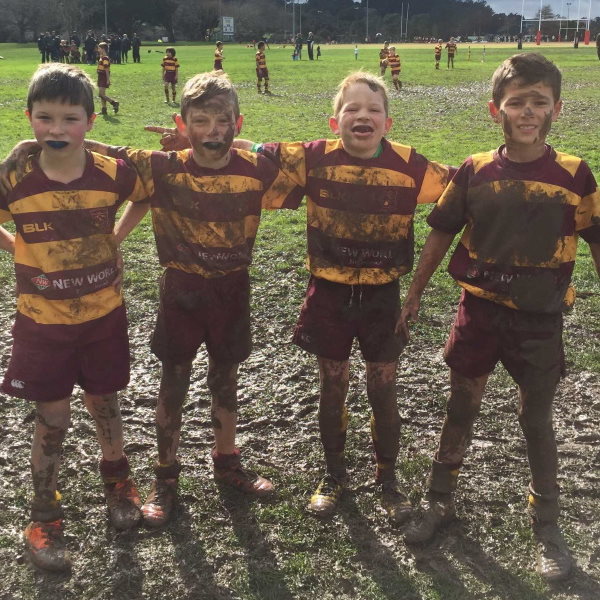
J3-1
Team Standards
A team is bigger than the individuals that make it up. It is an environment that each person wants and enjoys being a part of and that in part requires them to feel important in that they contribute.
- Categoryculture
- Last UpdatedSep 2021
Our Wisdom
We probably all recall the saying "If only I knew then what I know now." If we look back at our youth and think too much about it, we wouldn't know whether to laugh or cry. But having this wisdom and trying to teach our own kids let alone others... That can take a lot of self-help books.
One way to approach this is to simplify the topic, turn it into a goal and lead the kids to come up with the answer. In this help topic, I will look at an example of this which I have done.
Team Standards
I want to ensure that each player understands that we require everyone to contribute to better the team. That each player contributes to the success of the team.
If we could rate everyone on an ability scale we can sum all those ratings up and get an average. This would be our team standard.
What happens when one person improves on a skill?
With this question am looking to lead the players to answer that the team standard goes up.
What are examples of skills we can each improve on?
With this question, I am looking for the players to list out lots of areas but with a focus on individual skills.
From here we can ask secondary questions of the team about what we can do at training (or at home) to achieve that.
How else can we influence improving our team standard?
With this question, I am leading the players to identify that by helping and encouraging other players to raise their skills that they will also influence the standard of the team.
Secondary questions can aim at what does that help and encouragement look like? It may be as simple as helping another player practice passing.
Avoid social groups forming that do great stuff together but only together. Be honest with the players and point out that two good passers would achieve a lot more by splittng and practicing with the not so good passers.
An important but very hard barrier to get over is not being afraid of what we are not very good at. When kids are helping each other they can easily show their frustations without realising it and even easier, they pick up on those projections. Keep an eye out for this. Help them understand it is not their job to train their partner just help them.
Remember to keep in mind each of your player's personalities and that there is an approach that they can apply.
An example may be a real quite player. They may find inviting others to do passing warm-ups quite daunting. Yet, they can still influence the team by just getting started with some warm-up drills by themselves which helps signal to others to get started. Perhaps take on the responsibility to set up the warm-up drill area before practice. This doesn't require any talking but does provide a form of leadership and influence.
We want players to want to be at and around our team activities. This starts with a safe environment (see our 'safe environment' help topic) along with a sense of importance but more importantly a sense of respect from others.

